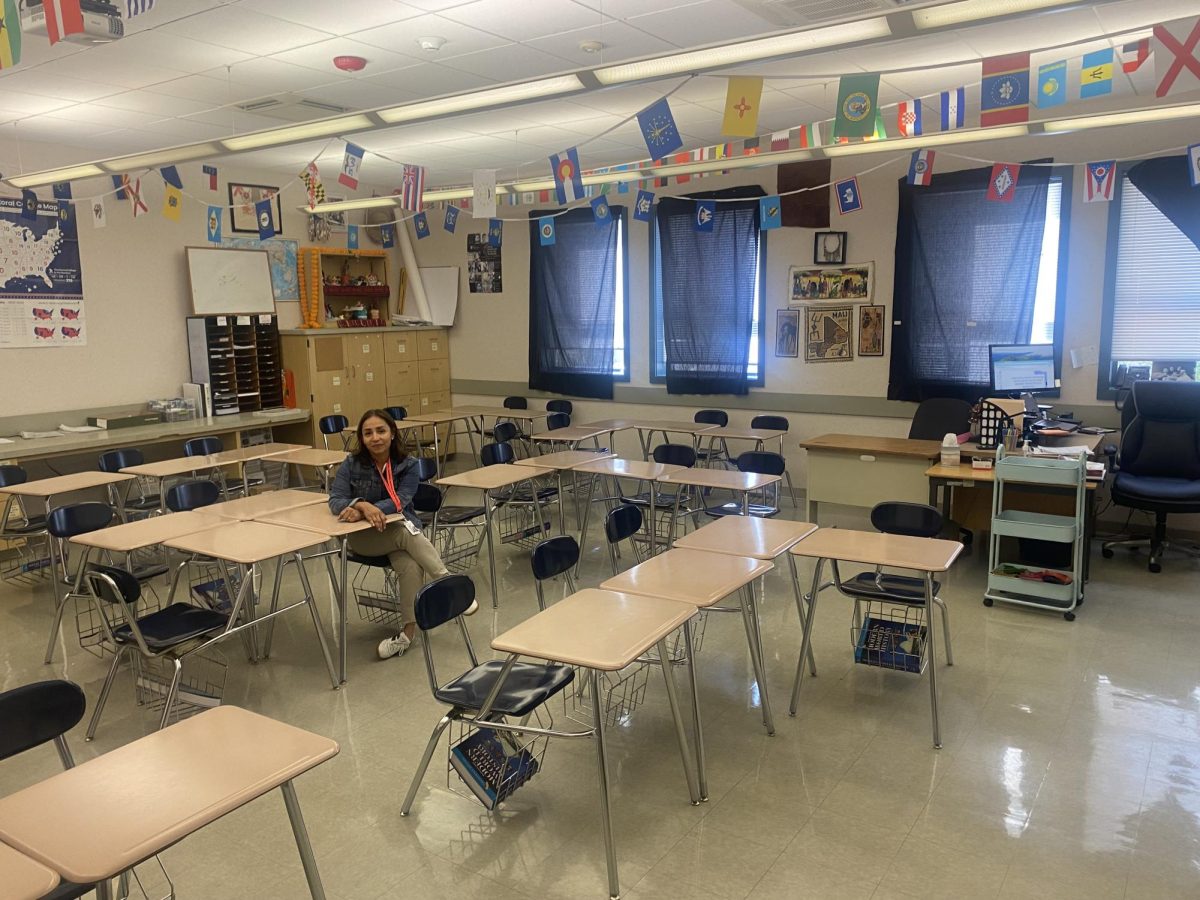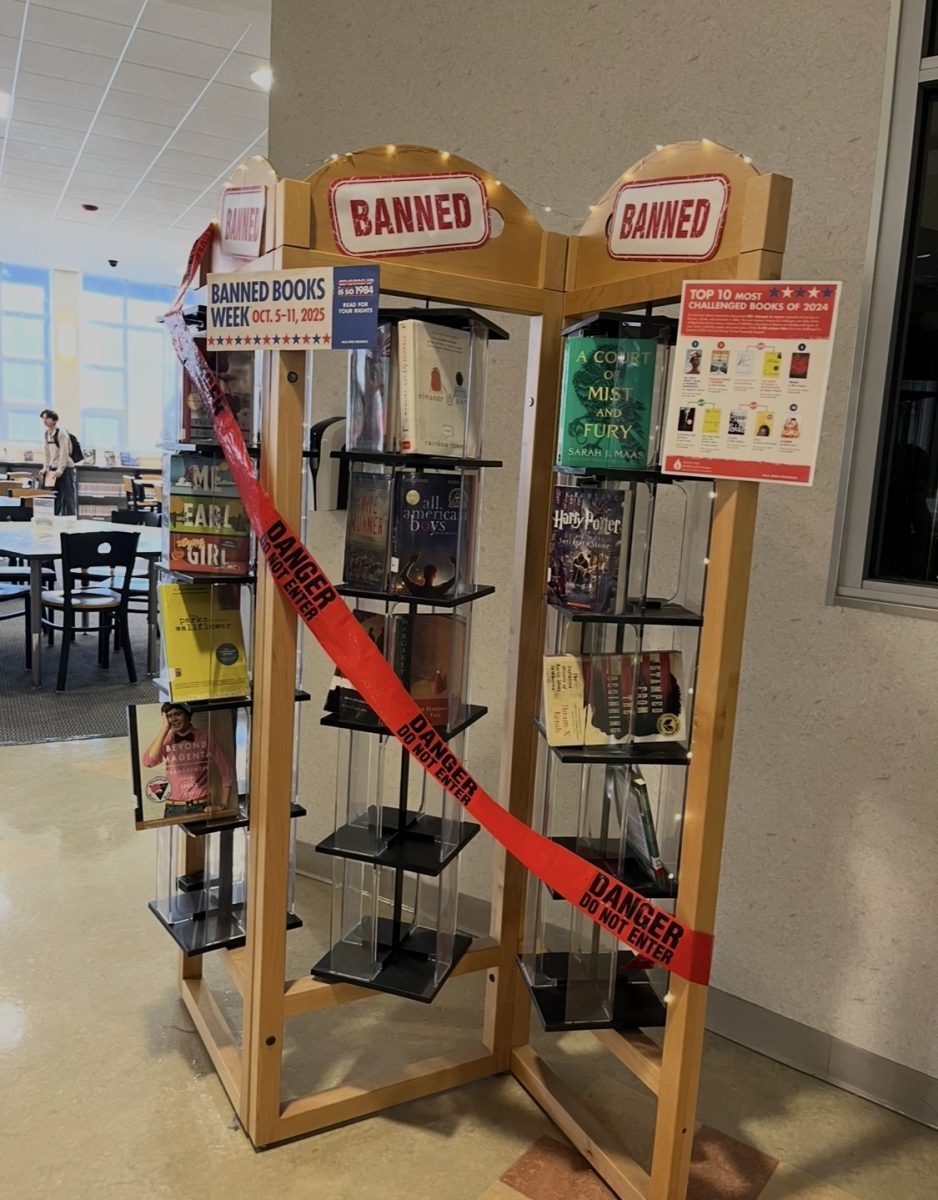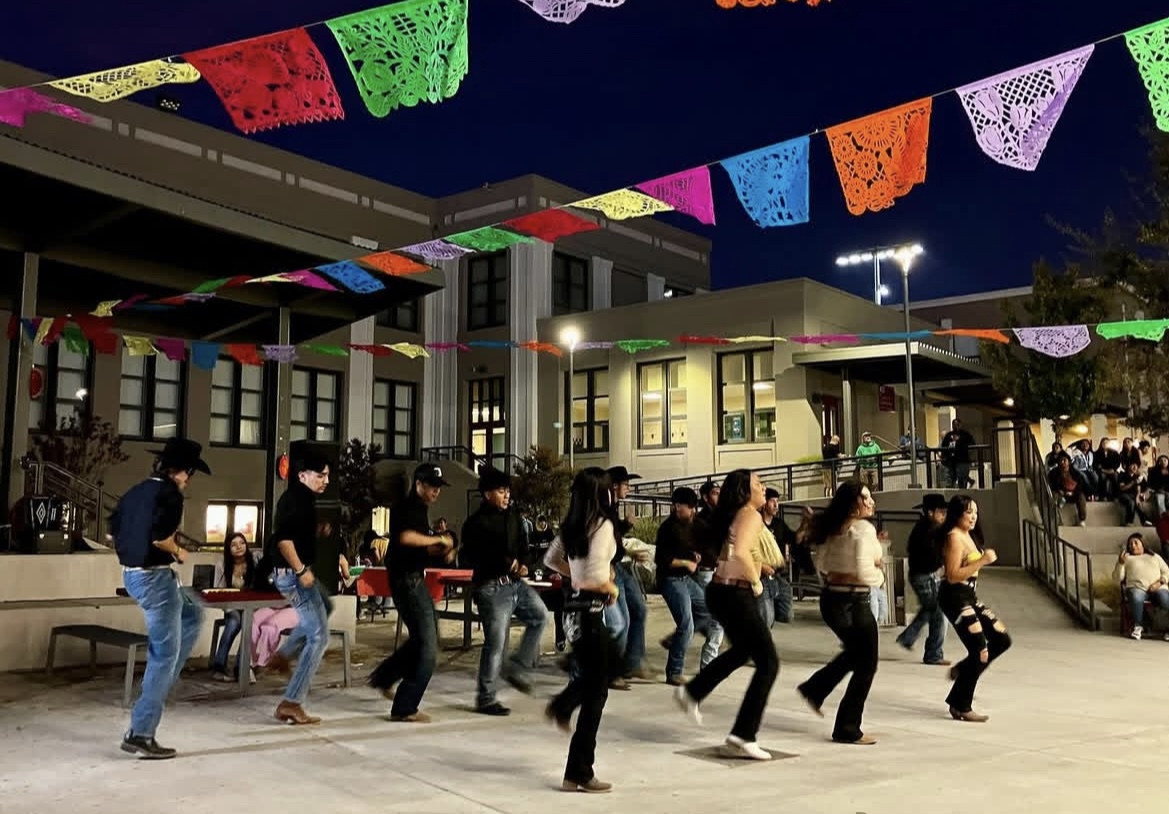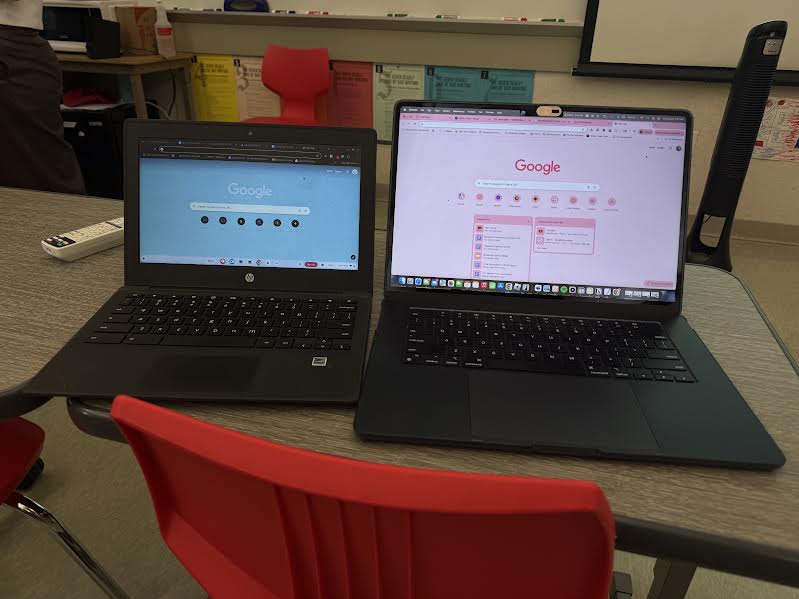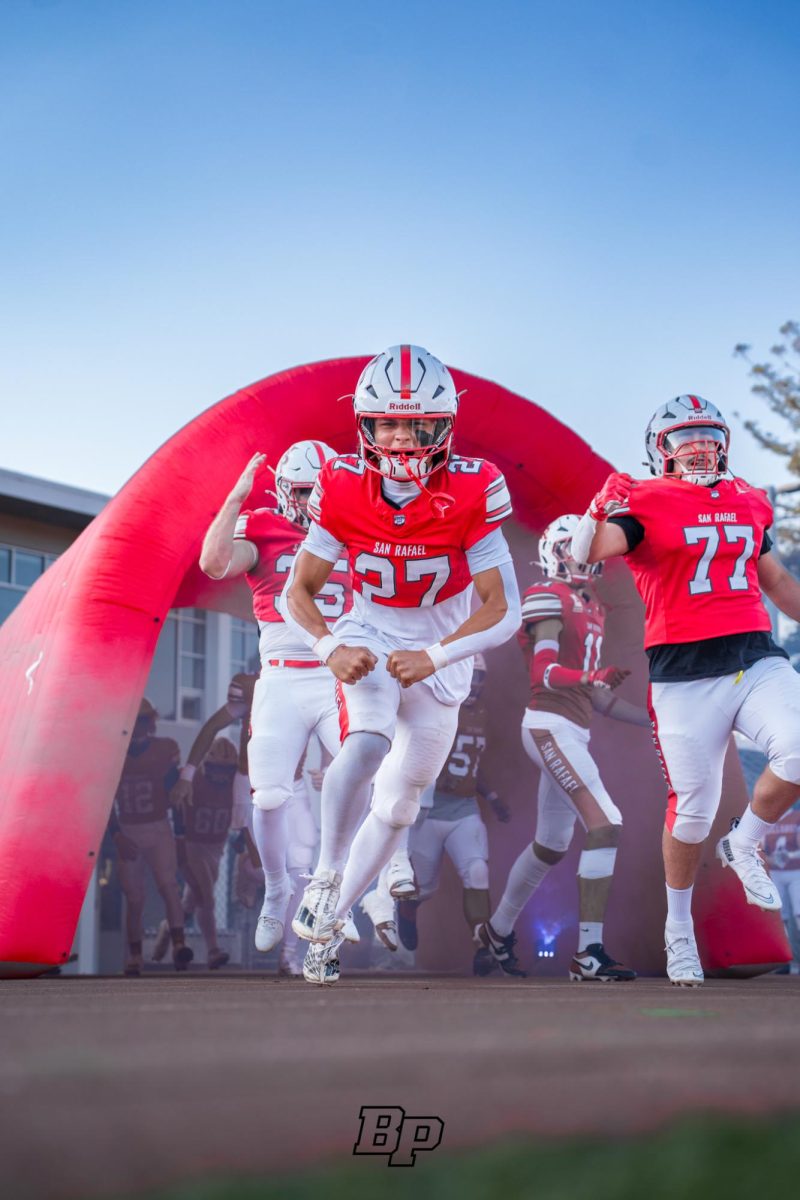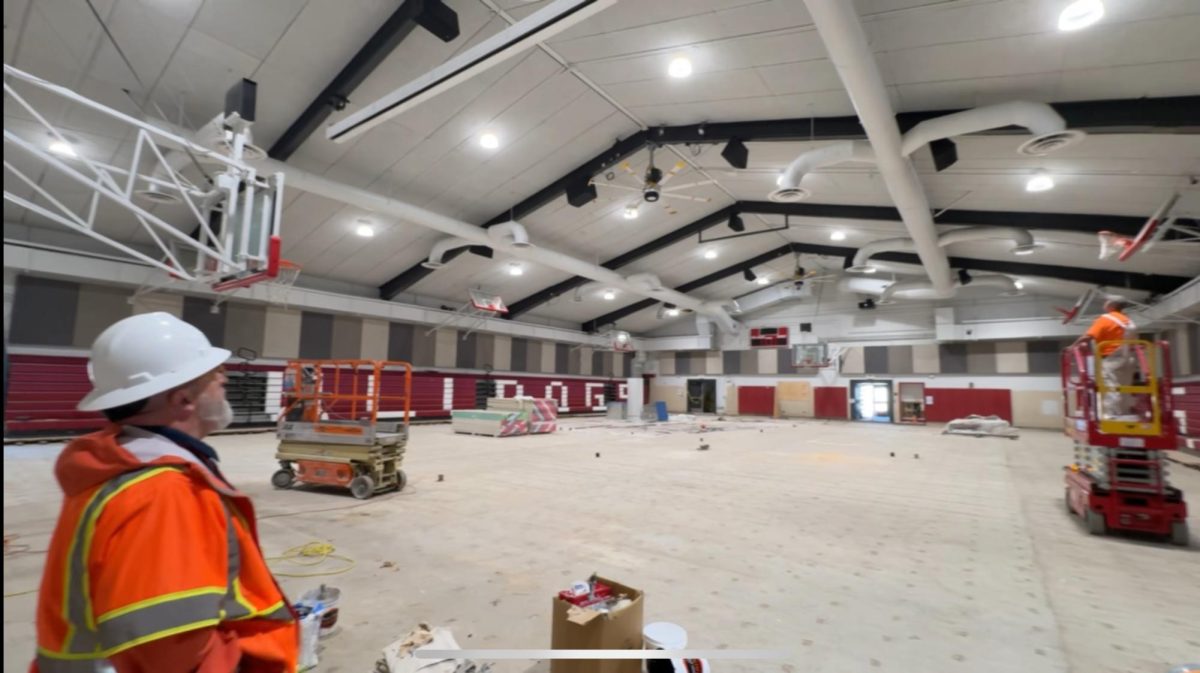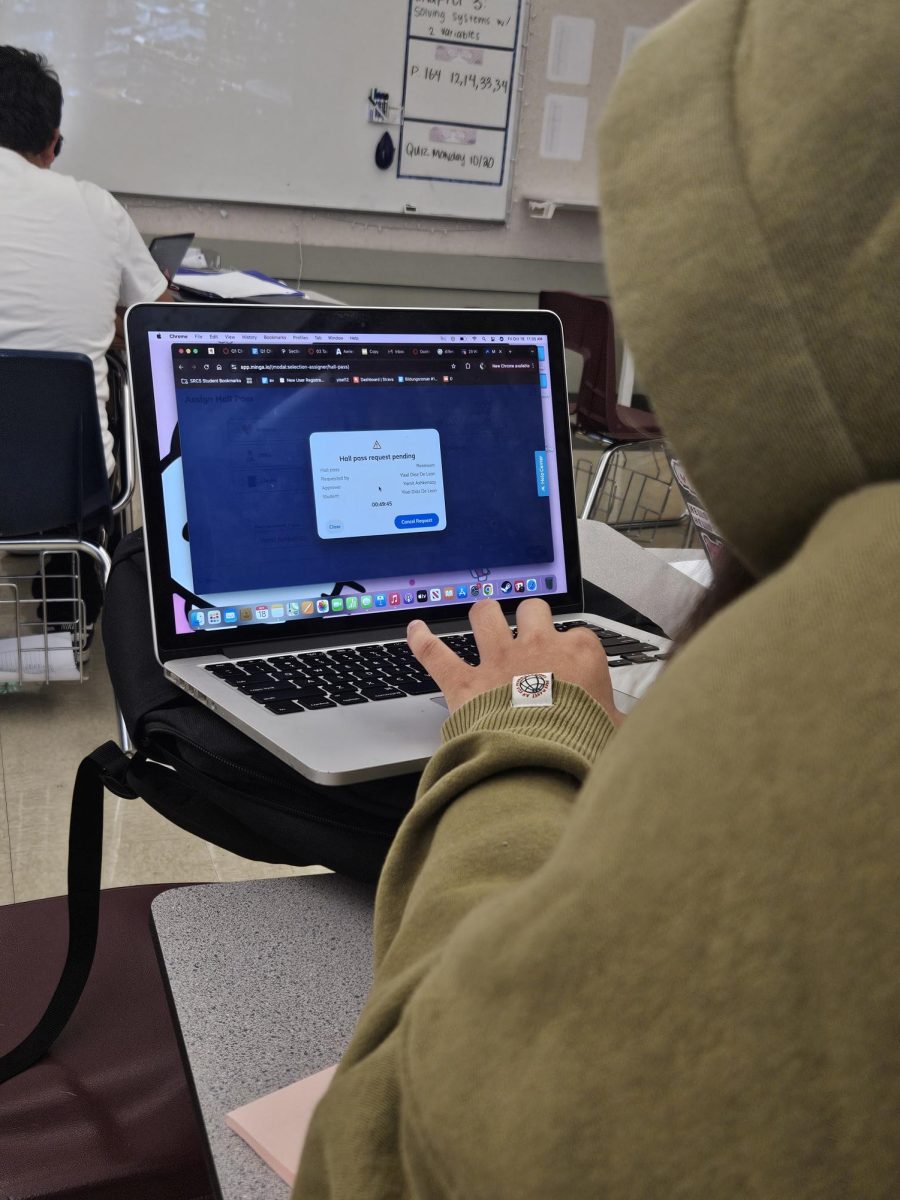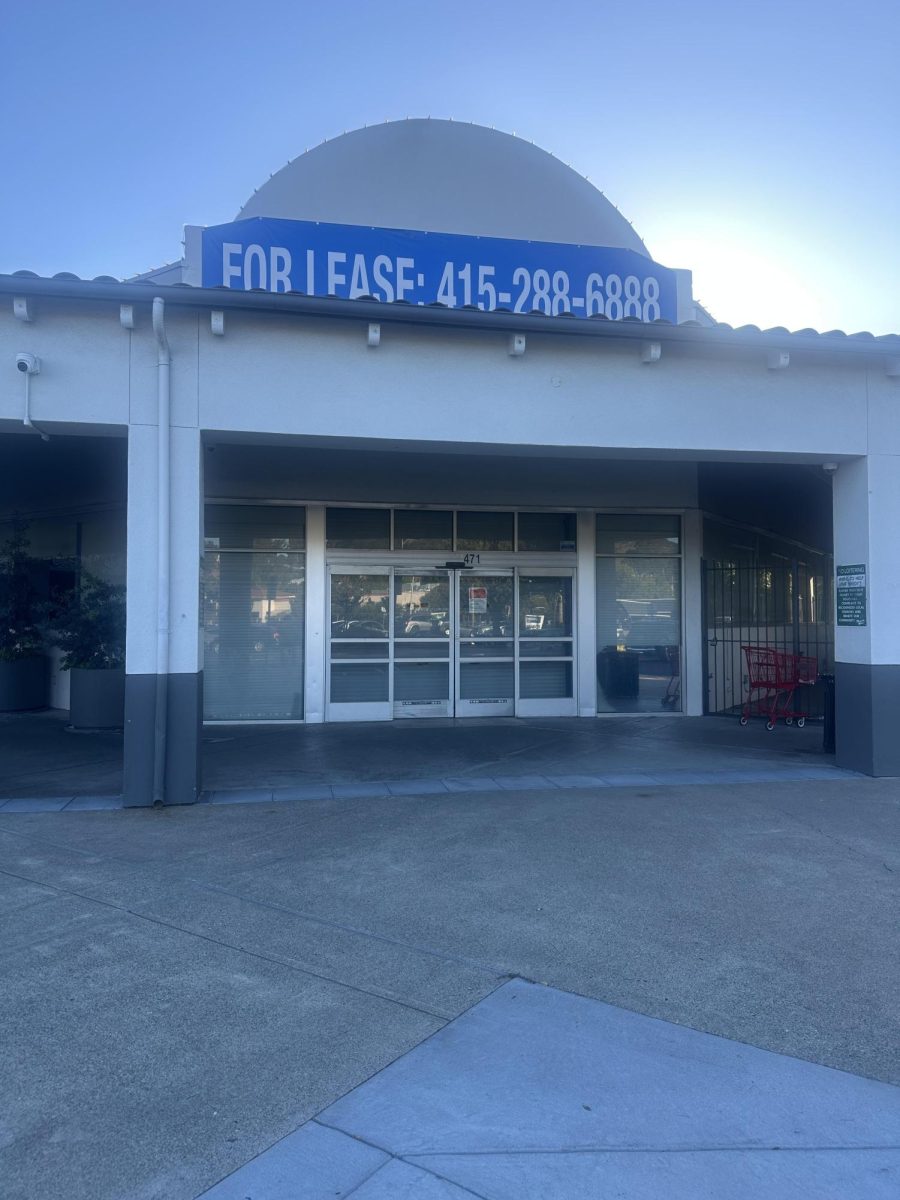At the beginning of the 2023-2024 school year, students at San Rafael High School were introduced to a digital hall pass using a software that was formerly known as e-hallpass, now known as Securely. It allowed students to go from the front office to class if they were late, or for students to request a hall pass.
It was introduced by Mr. Dominguez in order to cut back hallway time, as during his first year at SRHS he noticed a lot of roaming students. However during that same school year, Terra Linda High School, was also experimenting with a software known as Minga. Similar to Securely, Minga was presented as a reliable tardy and hall pass solution.
A few teachers from TLHS and SRHS came together and compared programs throughout the year and ultimately decided to keep Minga. Due to privacy concerns, it’s better for the district to run on one software. But as the 2024-2025 school year began, SRHS students and teachers are concerned with how disruptive it can become during class and how many more steps are added to asking for a hall pass.
Some students find the passes annoying.
“I think it’s dumb because we have to download an app and we have to show teachers this and that when we could just simply ask to go to the bathroom, they give us like a little [pass] and we come back. It was just so much simpler, like you [didn’t] have to do [anything online],” says SRHS senior Alexis Garcia.
SRHS senior Mauricio Martinez says, “I think it’s just a waste of time.”
Some students feel as if it has no use, because even with the new system students would still wander the halls regardless of the way Minga logs your hallway time.
“It’s time consuming, it’s basically like asking the teacher to go to the bathroom but instead of them saying yes, they ask if you put the pass in,” says SRHS junior Diego Vasquez.
Some students think that Minga is a decent solution. SRHS senior Thomara Drummer says, “I feel that [the current situation] is better than the e-hall pass from last year, but [it] still needs some work.”
Teachers at SRHS express mixed opinions about Minga. Teachers acknowledge that the old passes weren’t amazing, and that even though the abuse of the old hallway passes was present, they couldn’t do much to combat it.
“I would have conversations with them. Sometimes I would call their parents to let them know that they were missing instructional time because they were in the bathroom for 10 minutes and almost too long to go to the bathroom,” says Ms. Levy, an English teacher here at SRHS.
Other teachers went about combating the abuse of passes a little differently. “I would give them the stink eye when they came back into the room. Say ‘Hey you took too long’ and there was always some excuse,” says Mr. Baker, a Math and Programming teacher at SRHS.
However the concern of hall pass abuse hasn’t gone away entirely with Minga. Teachers comment that, while the misuse has decreased, that’s more because of the new phone policy at SRHS. Previously, students would leave the classrooms with their phones and mess around in bathrooms, hallways, maybe even call out other friends to fraternize with them during class. Academy of Engineering and Technology teacher Mr. McSorley says that this is happening less frequently. “I think students are mostly leaving class because they have to use the bathroom whereas before they might just want to get out of the class for a little bit,” he says.
The sentiment is shared by SRHS Physics teacher, Mr. Casper. “I think the bigger factor is the cell phones,” said Casper. “Students not being able to go to the bathroom with their cell phones reduces [hallway time] as well. “
Do teachers and students need more experience or training with Minga or is the program itself the problem? Many teachers believe that they were decently trained, but some think that a little more training could be helpful in order to explore the other features that Minga provides. Mr. Dominguez comments that he is keeping up with the issues that teachers are having during the beta period of Minga.
Some students comment that getting a tardy pass from the office through Minga is irritating, that going to the front office causes them to miss more class time than they already have. Others comment that, due to the policy being enforced, some teachers will see them in the hallway a couple of seconds after the bell and still send them back to the front office, causing greater irritation, especially for students who sometimes have no control over the people that take them to school.
If a student is maybe a minute or two late, the policy expects a teacher to send them to the front office, where there may be a line. A student has to wait in that line and then go back to the class. The key issue is whether or not it makes sense to make a student who is barely late miss valuable learning time.
Teachers start their classes at different paces, some having a quiet reading time, others jumping right into the lesson. It leaves room for different approaches, depending on the teacher.
“I typically start my warm-ups at the beginning of class, and those warm-ups are like our refresher about what we did the day before…Missing that kind of misses the introduction to the class,” says Ms. Ashkenazy, a Math teacher.
Most teachers admit to either forgetting to sign in a student when they’re late or simply not having a moment to. When a class starts, teachers are focused on teaching the students, often not really paying attention to the computer screen with the Minga site up.
The same issue seems to occur with hallway passes as well. Teachers are busy helping students with classwork. When a student has to leave the class, they no longer say yes or no but have to ask about the pass. The student waits or the teacher has to stop what they are doing and sign the student out and then back in when they return.
Because of the process that makes the passes completely dependent on teachers, bathroom requests can disrupt class.
Mr. Dominguez does not like how many more steps Minga has created for students and teachers.
“It has made the process of asking for a pass a little bit more cumbersome on the teacher’s side and on the student’s,” Mr. Dominguez, principal at SRHS, says. “It adds a lot of extra steps, which is not my favorite part of it, but I mean, if it does help keep students in class then I guess that might be worth it.”
Could there be a better solution? Mr. Dominguez says that SRHS will stick with Minga for now as the program develops.
While, because there is no data, it is hard to say that Minga itself is responsible for the shift, students are, according to Dominguez, noticeably spending less time in the hallways during class.

